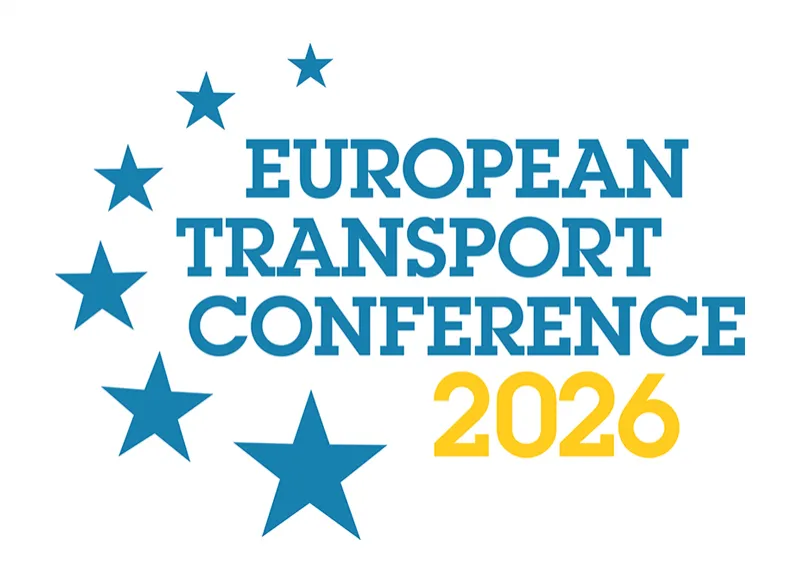-
Past ETC Papers

Browse, search and view papers from the past AET Conferences.
-
Members' Area

AET promotes networking and exchange of ideas, information and opportunities amongst members.
ETC Conference Papers
Conference Past Papers Repository
Tackling air pollution by parking management measures in densely populated urban areas
Seminar
Day 2 (10 Oct 2019), Session 5, Emissions/Air Pollution, 11:30 - 13:00
Status
Accepted, awaiting documents
Submitted by / Abstract owner
Vladimir Momcilovic
Authors
Jelena Simicevic
Vladimir Momcilovic
Affiliation: University of Belgrade - Faculty of Transport and Traffic Engineering
Short abstract
The aim of this paper is to investigate the impact of parking cruise on pollutant emission using real-world data in densely populated urban areas. Furthermore, the paper will identify the most environmentally effective parking management measures.
Abstract
In the second half of the XX century, concern about accelerated environmental degradation and consumption of natural resources, due to economic and social development, outspread. In this regard, the idea of sustainability also expanded almost 50 years ago, which in principle aims to balance social, economic and technological development with existing environment.
Transport system is one of priority areas for sustainable development because it is considered one of the main causes of environmental pollution. Major impact lies in the substantial use of passenger cars and high car dependency of urban population. With the increase of transport related negative impacts, awareness of the need to implement solutions that promote sustainability also grows.
In this sense, recently the importance of additional driving due to cruising for parking has been recognized. Although this issue has been neglected for a long time, its significance is reflected through the fact that about 30% of traffic volume in central urban areas is actually made of cars cruising for parking. Parking search contributes to increased pollutant emission both directly (by increasing traffic congestion) and indirectly (by lower speeds, start-stop effect, etc.). It should be noted that cars cruising for parking have significantly higher negative environmental impact than cars queuing in front of parking garages.
Parking search time primarily depends on parking occupancy (in the moment of search), which can be tackled by parking management measures. However, on-street parking is generally considered under-priced which leads to high levels of parking occupancy and hence pollutant emissions. Although smart parking technologies recently boomed, real-time information about parking vacancy is unreliable in circumstances of high parking demand.
The aim of this paper is to investigate the impact of parking cruise on pollutant emission using real-world data in densely populated urban areas. Furthermore, the paper will identify the most environmentally effective parking management measures.
The hypotheses of this research have been tested on a small-scale urban area. The needed data were collected by field surveys and processed using up-to-date tools for pollutant emission modelling.
Keywords: sustainability, pollutant emission, cruising for parking, parking management
Programme committee
Global Trends Impacting Transport
Topic
Climate change
Documents:
No documents yet.
Association For
European Transport
Forester House
Doctors Lane
Henley-in-Arden
Warwickshire, UK
B95 5AW
+44 (0) 15 64 793552
VAT number: 710 1866 64
Conference Supporters & Endorsers




Legal Entity
The Association for European Transport is registered as an Association ('vereniging') with the Chamber of Commerce for Haaglanden in The Netherlands under company number 27170096.
Built on Zenario




